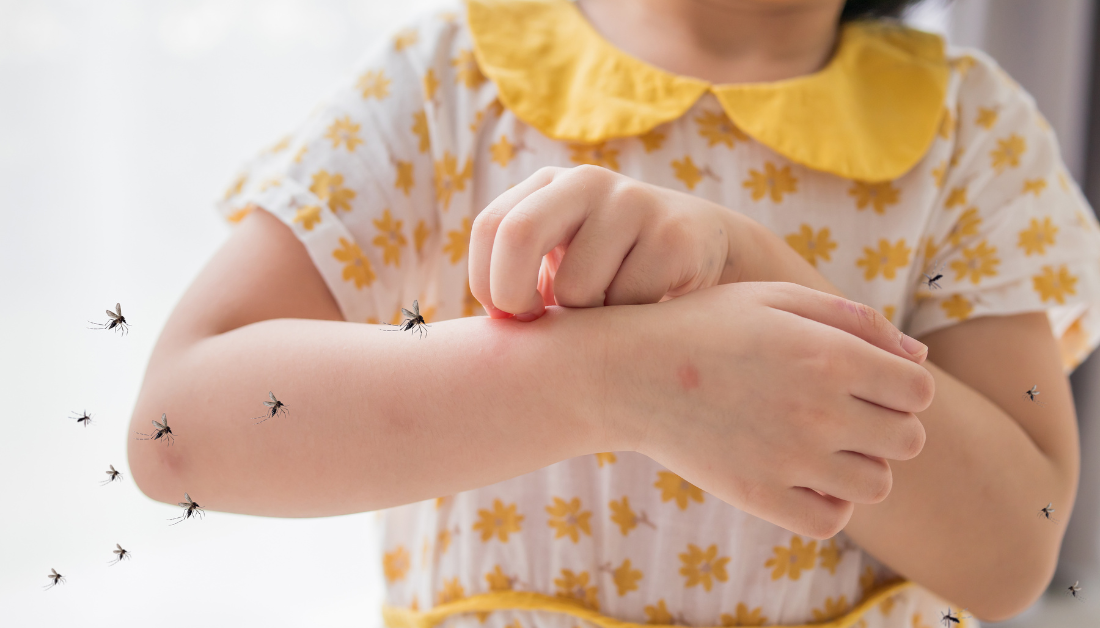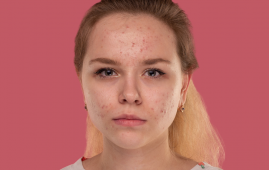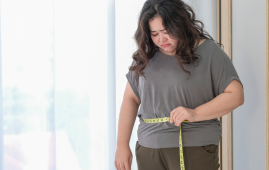

The R21/Matrix-M malaria vaccine has been added to WHO’s list of prequalified vaccines. Following the opinion of the WHO Strategic Advisory Group of Experts (SAGE) on Immunization and the Malaria Policy Advisory Group, WHO recommended its use for the prevention of malaria in children in October 2023. The prequalification implies that more children will have access to vaccines as a vital tool for malaria prevention, as it is a prerequisite for vaccine procurement by UNICEF and funding support for deployment by Gavi, the Vaccine Alliance.
The R21 vaccine is the second malaria vaccine approved by WHO, following the RTS, S/AS01 vaccine, which was approved in July 2022. In clinical trials, both vaccinations have been demonstrated to be safe and effective in preventing malaria in children. When widely adopted alongside other suggested malaria control strategies, they are projected to have a significant public health impact. Malaria, a mosquito-borne disease, has a disproportionately significant impact on children in the African Region, where about half a million children die each year. In 2022, there will be an estimated 249 million malaria cases and 608,000 malaria deaths worldwide, spread across 85 countries.
The approval of the world’s second malaria vaccine, developed by Oxford University and manufactured by Serum Institute of India, is set to increase access to malaria prevention through vaccination. Malaria vaccinations are in high demand, but availability has been limited thus far. The availability of two WHO-recommended and prequalified malaria vaccines is projected to boost supply and result in enough vaccine doses to benefit all children living in locations where malaria is a substantial public health risk.
Dr Rogério Gaspar, Director of the Department of Regulation and Prequalification at WHO said: “Achieving WHO vaccine prequalification ensures that vaccines used in global immunization programs are safe and effective within their conditions of use in the targeted health systems. WHO evaluates multiple products for prequalification each year and core to this work is ensuring greater access to safe, effective and quality health products”.
“Today marks a huge stride in global health as we welcome the prequalification of R21/Matrix-M, the second malaria vaccine recommended for children in malaria endemic areas. This achievement underscores our relentless commitment to wiping out malaria which remains a formidable foe causing child suffering and death. This is another step toward ensuring a healthier, more resilient future for those who have lived for too long in fear of what malaria could do to their children. Together with our partners we are united in the pursuit of a malaria-free future, where every life is shielded from the threat of this disease.”
Dr Kate O’Brien, Director of WHO’s Department of Immunization, Vaccines, and Biologicals
WHO employs worldwide criteria as part of the prequalification process to completely analyze and determine if vaccinations are safe, effective, and manufactured to international standards. WHO also guarantees that prequalified vaccines remain safe and effective by conducting frequent re-evaluations, site inspections, and targeted testing. Prequalification addresses the unique requirements of national immunization programs in terms of vaccine qualities such as potency, thermostability, presentation, labeling, and shipping circumstances.
Source: World Health Organization (WHO)
more recommended stories
 Fentanyl Inhalation: Brain Damage Risks
Fentanyl Inhalation: Brain Damage RisksAfter treating a middle-aged man who.
 Neurocardiac Connectivity in Depression Treatment
Neurocardiac Connectivity in Depression TreatmentHeart rate deceleration and sadness may.
 Antioxidants: Impact on Quality of Life in Acne Vulgaris
Antioxidants: Impact on Quality of Life in Acne VulgarisA recent study published in the.
 Brain Pulsations Linked to High BMI
Brain Pulsations Linked to High BMIAccording to a new study from.
 Brain Age Estimation: EEG Advancements in Neurology
Brain Age Estimation: EEG Advancements in NeurologyTo estimate brain age using EEG.
 Neurodegeneration Linked to Fibrin in Brain Injury
Neurodegeneration Linked to Fibrin in Brain InjuryThe health results for the approximately.
 DELiVR: Advancing Brain Cell Mapping with AI and VR
DELiVR: Advancing Brain Cell Mapping with AI and VRDELiVR is a novel AI-based method.
 Retinal Neurodegeneration in Parkinson’s Disease
Retinal Neurodegeneration in Parkinson’s DiseaseBy measuring the thickness of the.
 Epilepsy Seizures: Role of Astrocytes in Neural Hyperactivity
Epilepsy Seizures: Role of Astrocytes in Neural HyperactivityRoughly 1% of people experience epilepsy.
 Role of Engineered Peptides in Cancer Immunotherapy
Role of Engineered Peptides in Cancer ImmunotherapyIn a recent publication in Nature.

Leave a Comment